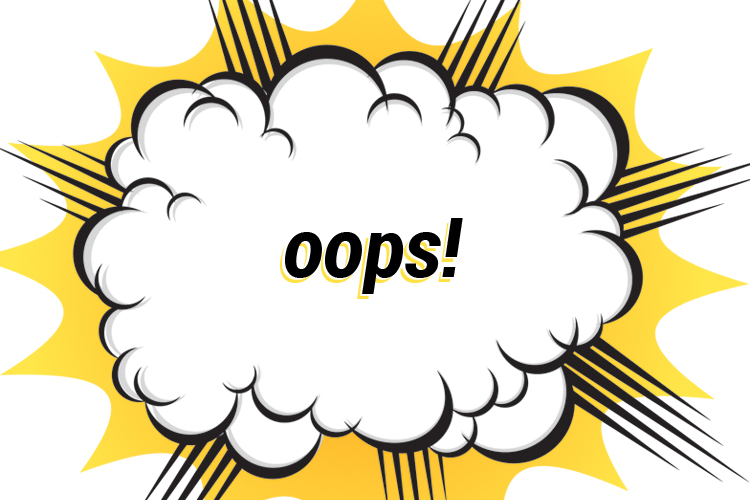
Trump despisers may be tempted to take some heart from the news of the investigation, which will proceed alongside the until-now separate criminal investigation being conducted by the district attorney of New York County, Cyrus Vance Jr. But this is a high-risk move by James. Trump's opponents would do well to remember the sizable risk that would come with prosecuting the one-term president: He could be acquitted. And if that happened, Trump could use the bounce-back as a highly effective tool to support a presidential bid in 2024.
The announcement by James's office was brief and opaque — and it didn't mention the president by name. It said simply that the AG's office had "informed the Trump Organization that our investigation into the organization is no longer purely civil in nature" and that it was "now actively investigating the Trump Organization in a criminal capacity, along with the Manhattan D.A."
At a minimum, the statement implies that Trump personally has not (yet) been made a direct, formal target of the criminal investigation, or at least has not been so informed. It's possible for prosecutors to go after the corporation for criminal liability even without prosecuting all of its principals. So in theory, at least, the Trump organization could be criminally charged with filing false state tax returns even if prosecutors didn't think they could prove beyond a reasonable doubt that Trump himself knew about the false filings.
Trump's reaction, however, suggests that he is worried about becoming a criminal target in his personal capacity. A conviction of the Trump organization is something he could explain away by describing it as merely a kind of a fine.
Most ordinary people threatened with the possibility of criminal prosecution would be well advised not to attack their potential prosecutors. The offices of the AG and the district attorney possess prosecutorial discretion that is almost absolute. It is extremely difficult — even impossible — to intimidate them out of bringing charges when they think they can prove that crimes occurred. It's a terrible idea to antagonize prosecutors who may believe that it is their public duty to make sure no one can stop them from bringing a prosecution by threats.
Trump, however, is in a different situation. For him, the best way to attempt to hold off a prosecution is to try to create conditions that would make any trial into even more of a political circus than it would in any case become. The more prosecutors worry that criminal prosecution would be perceived nationally as a political show trial, the more concerned they will be with bringing the prosecution.
That's because, from the prosecutors' perspective, the worst thing that could happen would be to bring Trump to trial and fail to get a conviction. Their own credibility would be shot. To Trump opponents, the prosecutors would look incompetent. To Trump supporters, they would look like partisans trying to politicize the criminal justice system. What's more, Trump could ride the failed prosecution back to the White House — and the prosecution's failure would no doubt be blamed for that outcome by many observers.
It follows that, for the prosecutors, the only plausible decision to prosecute Trump would be when conviction by a New York jury would be essentially certain. And that explains, at least in part, why Trump is putting such an effort into insisting that the investigation is illegitimate. (The idea that the governor of Florida might be able to block Trump from being extradited to New York is far-fetched, legally speaking. A New York state criminal charge would almost certainly mean he would have to stand trial.)
Remember that it only takes a single dissenting juror to hang a jury and keep a defendant out of prison. It's hard to imagine a New York City jury acquitting Trump unanimously. Yet it is totally possible that Trump's depiction of the investigation as political might sway one out of twelve potential New York City jury members.
The truth is that, from a national Democratic perspective, even James's public announcement that her investigation is going criminal should be a bit worrisome. As Ralph Waldo Emerson had it, "When you strike at a king, you must kill him." Or as Omar Little revised it, "You come at the king, you best not miss." Unless Trump ultimately is charged and convicted, the announcement that he is under increasing criminal scrutiny will only embolden him. What doesn't kill Trump will make him stronger.
(COMMENT, BELOW)
Noah Feldman, a Bloomberg View columnist, is a professor of constitutional and international law at Harvard University and the author of six books, most recently "Cool War: The Future of Global Competition."


 Contact The Editor
Contact The Editor
 Articles By This Author
Articles By This Author